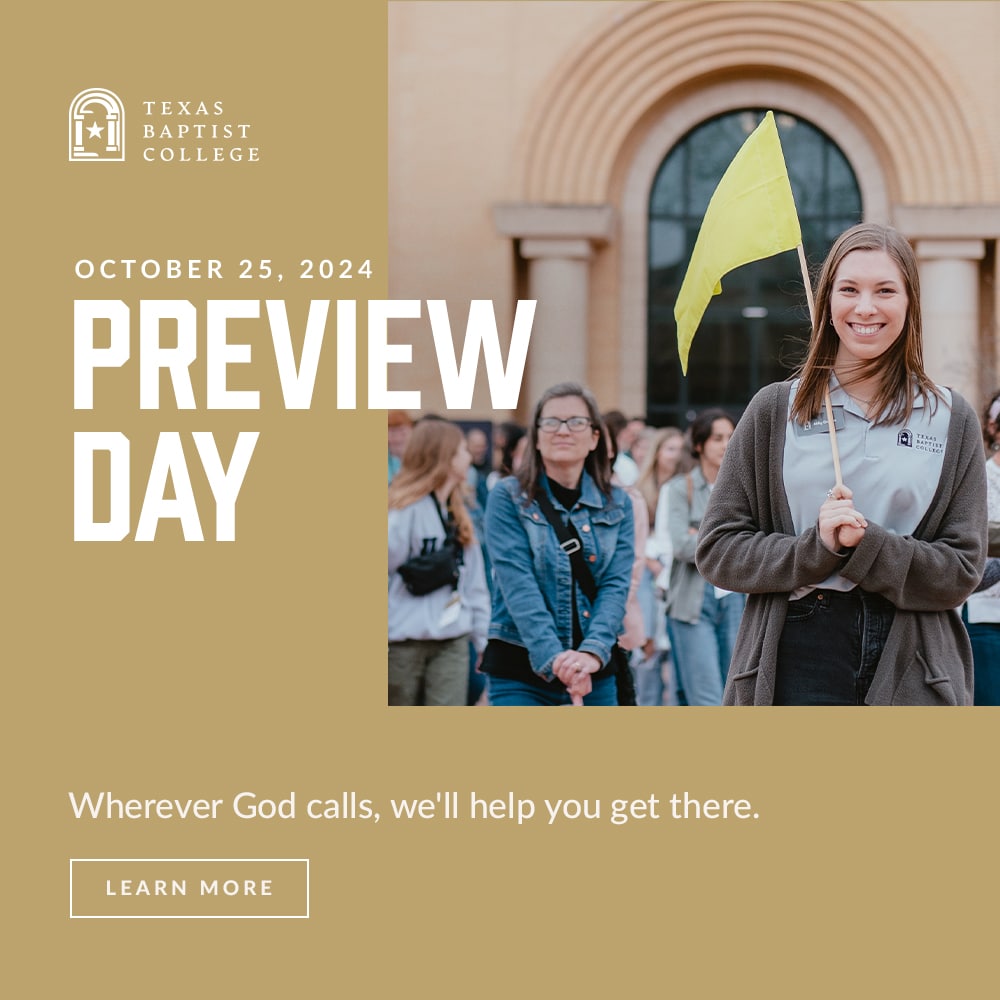On Self Esteem and the Making of Slaves
THIS IS A GUEST POST BY BRIAN SIMPERS
A couple of weeks ago I came across an article about the American Freshman Survey, performed on current college freshmen in the United States. The data indicated that since the annual survey began in 1966, the self-esteem of the majority of American college freshmen has risen to extraordinarily high levels. As best as I can read the graph, over 72% of the freshmen survey rated themselves higher than their peers in the areas of academic ability, mathematical ability, self-confidence, and drive to achieve. The study was quick to note that the freshmens’ academic test scores and assessed writing ability has actually declined dramatically during the last forty years. The article in the Daily Mail summed it all up this way, “While students are much more likely to call themselves gifted in writing abilities, objective test scores actually show that their writing abilities are far less than those of their 1960s counterparts. Also on the decline is the amount of time spent studying, with little more than a third of students saying they study for six or more hours a week compared to almost half of all students claiming the same in the late 1980s.” The article goes on to note that when these students reach middle age, they are more likely to become depressed.
When I showed the article to several of my peers, all educators and parents, they expressed no surprise at the numbers.
I see it as a clanging to and fro between extremes.
At one end of the pendulum are the students who are supremely self-confident in their abilities, so much so that when they meet a failure or a challenge, the fault/problem lies not with themselves but with the assignment or the teacher or the previous teacher or the textbook or their mood or their parents, and so on. When the parents indulge this sort of child in his delusion, a scenario is perpetuated where the student is never allowed to face self-criticism and learn honest self-evaluation.
The other end of the pendulum are the students who are so afraid of failure, so unsure of their abilities, that they take one look at an assignment and tank it before even trying to do it. When parents indulge this child, a scenario is perpetuated where the student is never allowed to feel bad about himself or face any sort of criticism at all. The defense here can lead to the teacher being vilified, because the “fault” can’t possibly lie with Johnny or Janet. The teacher has it out for them, you see. “If only you understood our child better.” say these parents.
The scenario continues with the child transferred to a lower Math or allowed to opt out of that particular class. There are parents who will spin the wheel until they get the result they want. And why wouldn’t they? If the survey is correct, the parents are part of the trend as well.
The real danger is that neither scenario creates an adult, much less a generation, that has the tools to face any sort of “real” adversity. They are then much easier to turn into slaves. Instead of being boldly able to say, “I am indeed a King, for I know how to rule myself!” they will be able to whine, “I am indeed a peasant, for I have not the courage to rule myself.”
What do Classical Christian educators have to offer?
We need to tell our students that their self-esteem ought not to lie in themselves, but in the One in whose image they are made.










